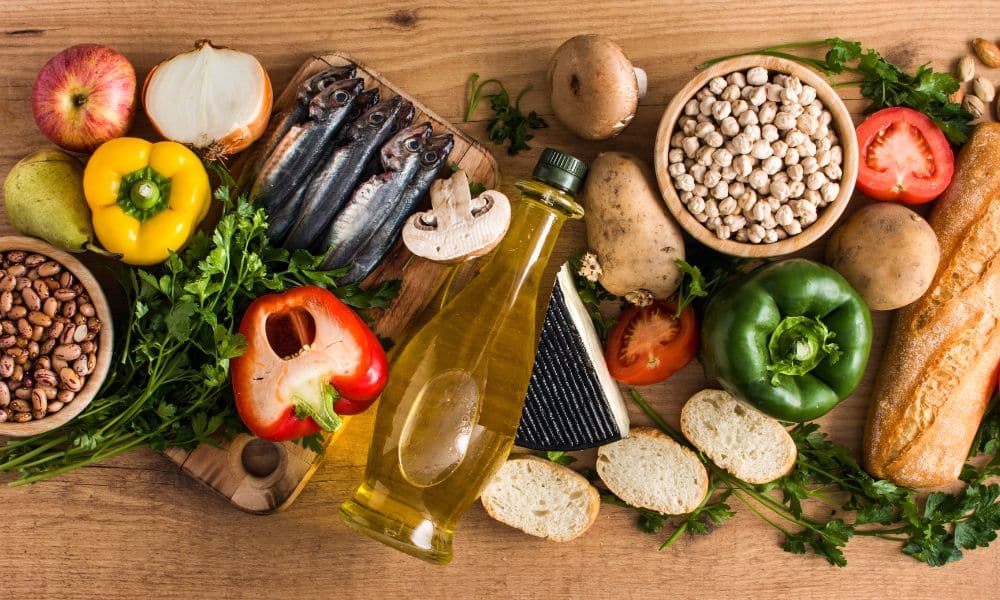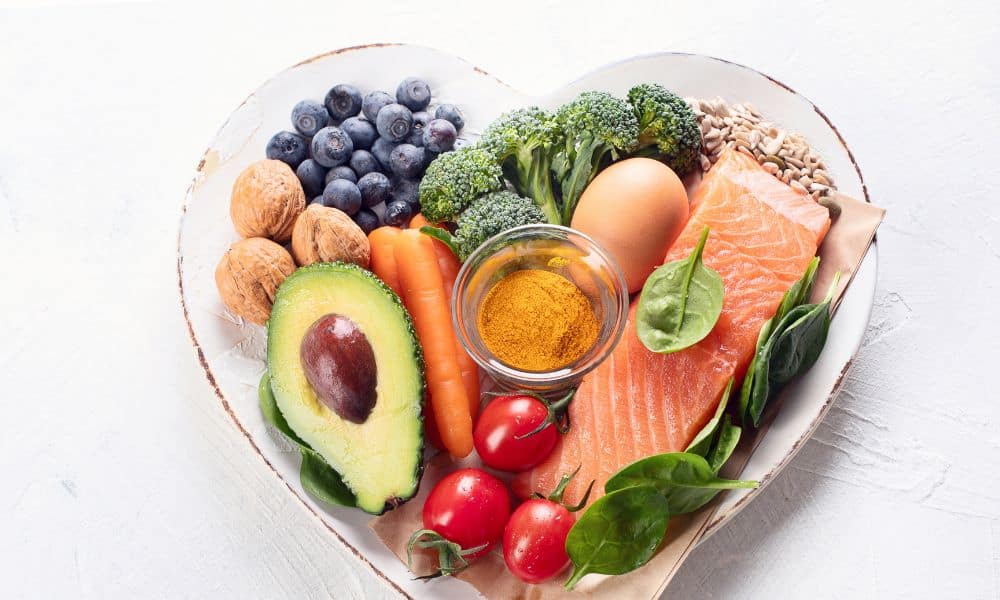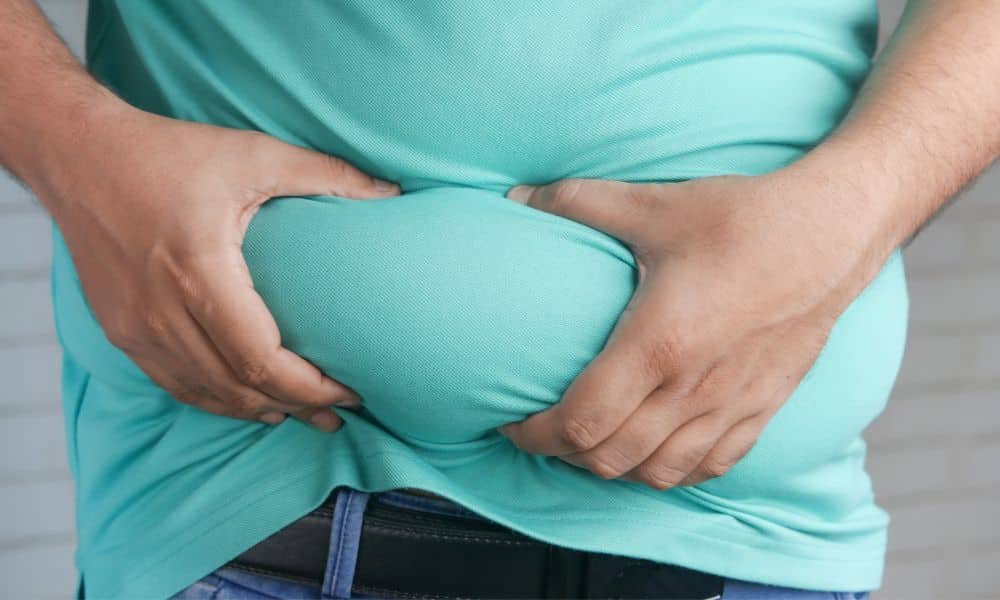Do you want to know more about the Mediterranean Diet – the healthy best fat-loss diet for most people? There are hundreds, if not thousands, of diets, but the “best” fat loss diets involve nutrient-dense food over unhealthy calorie-dense foods.
You can lose weight and body fat by consuming fewer calories than your body needs; choosing nutrient-dense foods will allow you to eat more while reducing calories.
If there were ever a diet worth trying, it would be the Mediterranean Diet. Experts have shown this healthy eating method to help with weight loss and reduce your risk of heart disease and other chronic illnesses. So if you’re looking for a healthy and sustainable diet, the Mediterranean Diet is worth considering.
What is the Mediterranean Diet?
The Mediterranean Diet is based on the traditional eating habits of people in the Mediterranean region, including Greece, Italy, Spain, and France. This diet is one of the healthiest for weight loss because it emphasizes whole, unprocessed foods like fruits, vegetables, whole grains, nuts, and lean proteins. The Mediterranean Diet also includes healthy monounsaturated fats like olive oil and encourages regular physical activity.
How Does the Mediterranean Diet Cause Weight Loss?
The Mediterranean Diet causes weight loss in a few ways. First, it helps eliminate processed foods and unhealthy fats from your diet. Also, this alone can lead to significant weight loss.
Second, the Mediterranean Diet encourages you to eat more fruits and vegetables, which are packed with fiber and nutrients that help to keep you feeling full and satisfied.
Finally, the Mediterranean Diet encourages you to eat smaller portions and focus on quality over quantity. Also, this helps to control your calorie intake and can lead to sustainable weight loss.
Tips for Following the Mediterranean Diet for Weight Loss
Eliminate Processed Foods – Your ideal fat-loss diet should reduce, restrict, or eliminate that calorie-dense “fast” and “junk” foods. These processed foods contain only empty calories, more calories than nutrients. Instead, eat more wholesome natural foods, including all the food groups in your daily diet.
Drink More Water – Water is an appetite suppressant, and you will eat fewer calories if you start each meal with an 8-ounce glass of water. In addition, it boosts your metabolism, meaning your food gets burned to produce energy not stored as body fat. Avoid sodas, colas, and bottled fruit juices as they contain more high fructose corn syrup (and calories) than fluids.
Eat Smaller, More Frequent Meals – Eat a healthy, nutritious breakfast and have an early dinner. Your breakfast is the foundation of your metabolism for the rest of the day. So have a nutritious breakfast within an hour of waking up. Also, use portion control to limit the number of calories you eat.
Eat More Fiber – The best fat loss diets include more fiber-rich food options. You can easily digest and provide energy for your body by eating complex carbohydrates. They are easy on the stomach, help you feel full longer, and do not promote fat accumulation.
The Last Word on the Mediterranean Diet for Fat Loss
One diet incorporates these healthy approaches to fat loss, the Mediterranean Diet. It consistently tops every list of diets recommended by physicians and dieticians. You can look forward to a whole grain pasta, fish, and olive oil diet.
The Mediterranean Diet’s critical components are many vegetables, olive oil, fatty fish, and nuts, with no calorie restrictions. Combine that with reduced sugar intake, as traditionally, sugar is a rarity in the region, and you’ve got the basics of the perfect Mediterranean diet.
Besides healthy and sustainable weight loss, much evidence suggests that following the Mediterranean Diet reduces your risk of cardiovascular disease. Besides, combining your diet with regular, moderate physical activity makes your fat loss results even better.
If you or someone you know is considering weight loss, share this article on Facebook or Twitter so that others can learn more about losing weight.




